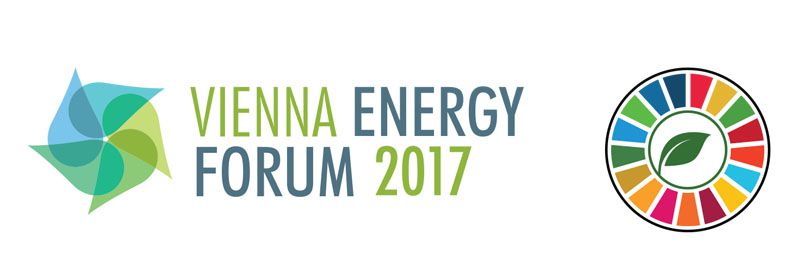Vienna Energy Forum Press Release
VIENNA, 9 May 2017 – As part of this years’ Vienna Energy Forum, the United Nations Industrial Development Organization (UNIDO) and the International Network on Gender and Sustainable Energy (ENERGIA) organized a side event to discuss the importance of robust and empirical evidence for gender inclusive energy policies.
Opening the discussion, Sheila Oparaocha, ENERGIA’s International Coordinator and Programme Manager, emphasized that “Energy access is key to opening up opportunities for women and men in developing countries”, adding that energy can be an enabler for all the Sustainable Development Goals (SDGs) including SDG 5 on achieving gender equality and empowering all women and girls.
Besides discussing potential areas for future research, panellists identified a number of gaps in current research. One point made was that differential energy related needs of women and men need to be further explored to gain knowledge on possible entry points for sustainable energy interventions. Another was that comparative research into the different impact of gender-sensitive and conventional approaches for sustainable energy development is needed to further refine gender inclusive energy policies.
Debajit Palit, Associate Director of the Energy and Resources Institute (TERI) presenting the findings of research into factors relating to women’s empowerment through electrification, noted that electricity enhances women’s life but more evidence is required to show that it empowers them in a broader sense and enhances their decision-making power. He said, “Energy ministries fail to collect gender-disaggregated data, and this hinders the accumulation of knowledge for research and policymaking on whether theory translates into impact.”
To showcase the impact of gender-sensitive energy development, Jossy Thomas, UNIDO Industrial Development Officer and Energy Gender Focal Point, presented a project in Burkina Faso targeting women beer brewers. Through the use of energy-efficient cooking stoves, the health conditions for participating women were reduced and their annual revenue significantly increased. “At UNIDO we use research-based evidence on energy-gender dimensions at each stage of the project cycle to ensure a systematic and coherent gender approach,” concluded Thomas.
Since gender equality and energy lie at the heart of the Sustainable Development Agenda and are both crucial to eradicate poverty and combat climate change, the discussion focused on links between SDG 5 on gender equality and SDG 7 on energy access for all.











Follow us on: